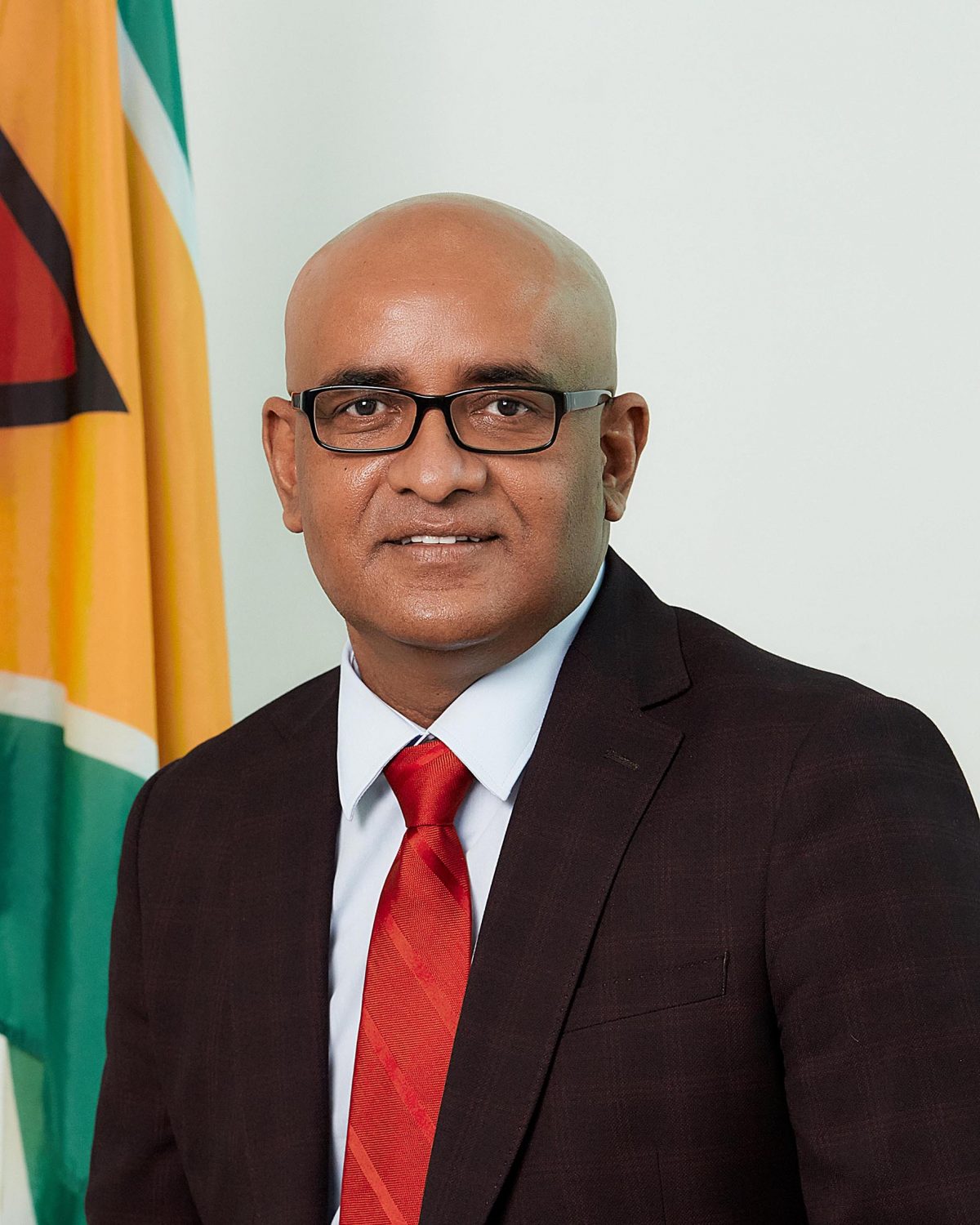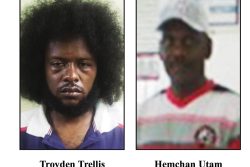Shared governance at the executive level would come if Guyana’s citizenry calls for it during the constitutional reform process but at the moment the PPP/C cannot trust the main opposition on supporting its holistic developmental policies, the party’s General Secretary Bharrat Jagdeo yesterday said, repeating a position he has previously enunciated.
“I suspect that this new form of inclusive governance that they’re talking about only has one end, and that is executive power sharing. But our point was if you can’t share a common set of values, if you believe in stealing elections and we don’t, we can’t get along. If you don’t share economic values and our social values or patriotism… or if you’re a racist, then you can’t work with us on this. You will have to share common values for that to work or else you bring the same gridlock that we have in the parliament now into the cabinet, and nothing happens. We’ve seen it. It has stymied many countries. You have to build up a period of building trust, and only then that [inclusive governance] can happen,” Jagdeo asserted.
“There is no building trust. In fact, we are going farther apart because every day APNU (A Partnership for National Unity) pushes only one agenda – racism agenda – and they are unwilling to acknowledge and say ‘we support free, open, democratic elections’. They would say it in words but not really subscribe to it,” he added.
Jagdeo, who is also a Vice-President, was at the time responding to questions during a party press conference he hosted, while updating on the PPP/C plans for the June 12 Local Government Elections.
Noting that in the Party’s 2020 Manifesto it had said that the constitutional reform process will guide its decisions on governance as the people will decide, the PPP General Secretary said right now the opposition is untrustworthy.
“You’re absolutely right, that we said in our manifesto that when the constitutional reform is in place and the consultation start taking place, we’re open to anything, including the model change at GECOM (the Guyana Elections Commission) but we need to safeguard elections… have a model that safeguard free and fair elections.”
He continued, “…if there is a proposal here that comes out about some form of executive power sharing and it has resonance with the people, maybe we will have to go to a referendum or something of that sort. But right now, it’s just off.”
Attorney General Anil Nandlall SC last month said that the PPP/C cannot force any changes to the laws of this country on citizens and therefore the constitutional reform process will see suggestions for legislative changes from across the country.
And if inclusive governance is to be one of those laws, then it will be from a recommendation made by the people and for the people, he reasoned, underscoring that consultations by the Constitutional Reform Commission will be inclusive for all citizens of this country.
He was responding to former speaker of the National Assembly and one time PPP/C executive member, Ralph Ramkarran, who lamented the sloth in starting the process and said that the PPP/C fulfilling a promise in its manifesto to have constitutional reform was useless, if changes doesn’t see inclusive governance.
Functionally
“The institutions which have been created, such as the constitutional commissions and the sectoral parliamentary committees, are not functioning either at all or optimally. Article 13 of the Constitution that provides for consultation is not functionally implemented. The problem, therefore, outside of inclusive governance, is not the constitution, but implementation of its provisions. Other matters provided for in the act are more appropriately dealt with by legislation,” Ramkarran had written in his Conversation Tree blog.
He posited, “Fulfilling a manifesto promise to implement constitutional reform is not sufficient unless that promise includes the purpose or reason for the promise, namely, inclusive governance. It must be assumed that when the PPP/C made the promise in its Manifesto, it was of the view that inclusive governance was not provided for in the Constitution and reform was necessary to include it… it is expected, therefore, that notwithstanding the questionable omission in which the process is going to be conducted, that inclusive governance will be a major issue in the constitution reform process, as it is in the PPP/C’s Manifesto.”
Jagdeo said that like Ramkarran, “most persons when they talk about inclusive governance, they are speaking about power sharing. I think ultimately they are talking about it.”
He said that is not the finite definition of the PPP/C as it has over the years implemented a number of measures that are demonstrative of inclusive governance and that power sharing comes from a pre-requisite of trusting the other parties to hold true to commitments of the national development of all.
Pointing to a paper that was done during his tenure as president, “Building trust towards inclusive governance”- he said that it helped shaped a number of inclusive policy changes that are enacted today. He also repeated the position held since then that to have inclusive governance at the executive level there must be trust between the parties involved and the one who is in power and leads that agenda must feel that its opposition is trustworthy and of integrity.
“If you examine the constitutional changes that were made and signed into law when I was president, it has made us one of the most inclusive countries in the world, in terms of governance,” he said.
Jagdeo pointed out that the five Commissions that have to have 2/3 Parliamentary support is a form of inclusive governing bipartisan support is needed since “No party controls two thirds of the votes in the parliament.”
Those Commissions are the Ethnic Relations Commission, the Human Rights Commission, the Rights of the Child Commission, the Judicial Service Commission and the Indigenous Peoples Commission.
Noted too was the establishment of the four parliamentary committees on Social Services, Economic Services, Foreign Affairs and Natural Resources. “These are all to promote inclusive governance,” Jagdeo contended.
However, many of the committees do not function as they should and the Natural Resources Committee which overlooks the oil and gas sector and is chaired by the Minister of Natural Resources has met only once since August 2020.









